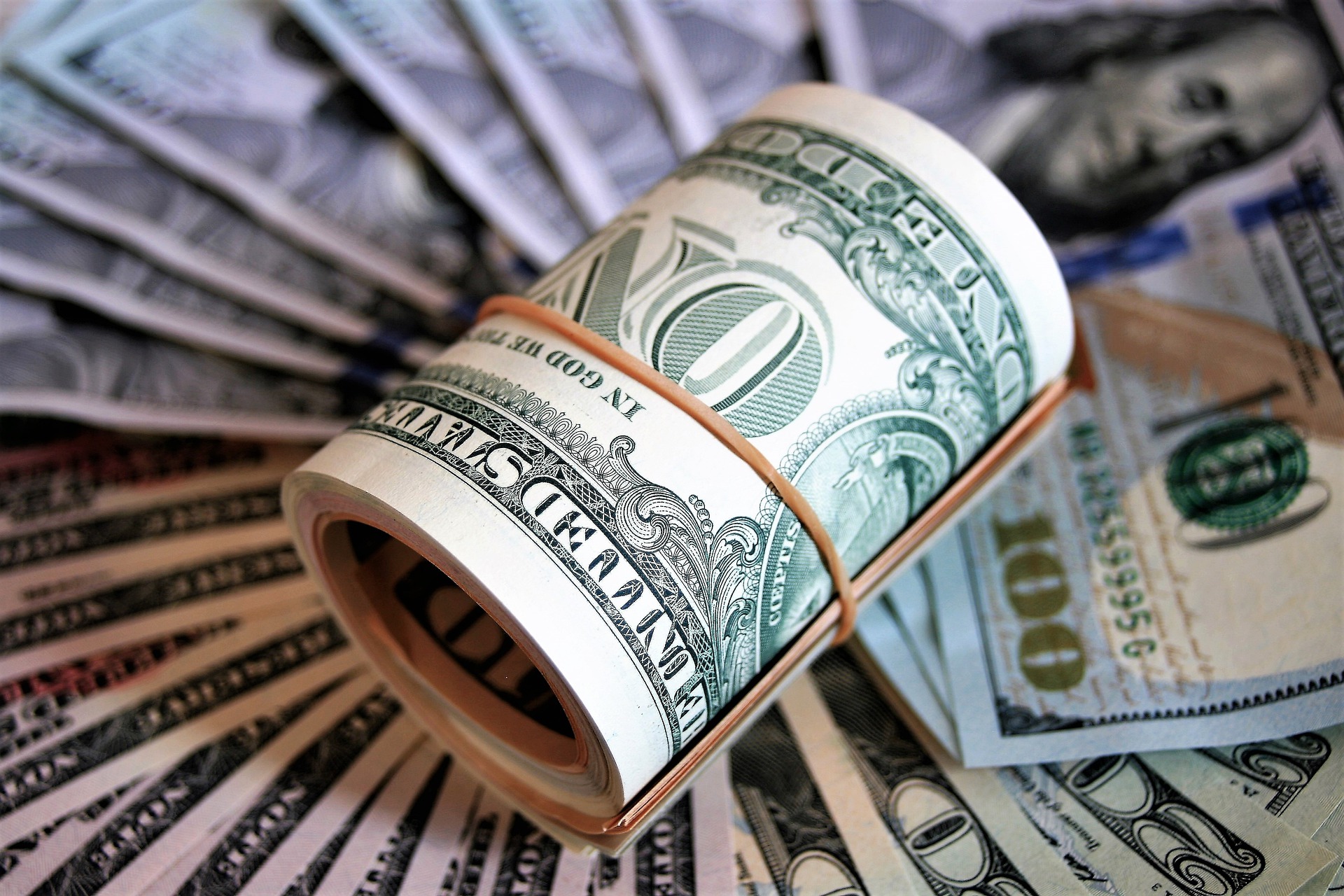 You started your own business to add value to other people’s lives and make money in the process. However, how much are you going to pay yourself?
You started your own business to add value to other people’s lives and make money in the process. However, how much are you going to pay yourself?
This is where most businesses owners find it difficult to decide. If you pay yourself too little, you may not be able to meet your personal needs. And if you pay yourself too much, you risk the survival of your business.
So, how do you find the right balance?
Choose a Number
You want to give yourself a salary that is equivalent to your responsibilities and set up your company for long-term prosperity as well. Spend more time on your profit and loss statement to see how much net income you pull in per month. Then, subtract your own salary from the sum – not from the total revenue.
This is because you want to pay yourself out of the ‘leftover’ money after paying your business costs, such as leases, inventory, paying your employees, and everything else you need to keep your company going smoothly.
Paying Yourself Through PAYE
Another choice is to pay yourself a ‘living wage’ from the regular payroll run by the business each month. This is known as Pay as You Earn (PAYE). It provides you with a wage which should be based on a budgeted sum covering your average monthly expenses.
Paying Yourself Through Dividends
After paying corporate tax, if a limited liability has made a profit, the profit can be paid in the form of dividends to the company’s owners.
Dividend payout recipients would have to pay tax on their dividends. You may be liable for a tax-free dividend exemption depending on the amount of the dividend income.
Additional Tips
Striking the right balance when paying yourself is not easy. Follow these additional tips to help you make the right decision as to the amount you should pay yourself:
- Understand your business structure first – the pros and cons.
- Don’t overpay yourself. Pay yourself just enough to survive on.
- Don’t undervalue yourself and pay yourself too little, and it could affect your productivity.
- If you can survive on your own without payment from your business, have a written agreement to pay yourself later.
- Create a budget to ensure that your business is left with enough money to keep operations running smoothly.
- Keep proper accounting and records of your salaries.
- Remember to pay your taxes on your wages as there are penalties for not paying personal tax.
- As your business grows, look at what your peers are being paid and what the industry average is, to decide how to pay yourself.
- Get a second opinion from an accountant if you’re still undecided on the amount.
As you can see, when determining how much to pay yourself as a business owner, you need to consider a lot of things. You should take into account the tax ramifications of your monthly salary and, most significantly, whether paying the wage you want is financially feasible for your company as well as for you.